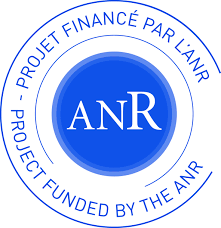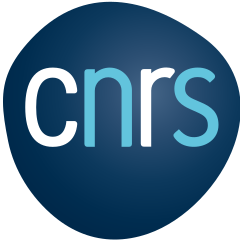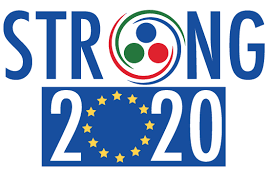The workshop will be the fitfth edition of a new series of meetings focused on the experimental and theoretical studies of quarkonia as tools to explore the structure of nucleons and nuclei, the phase diagram of QCD, the spin content of the nucleons, the coupling of the Higgs boson to heavy quarks, ...
Each day will be dedicated to specific systems and observables: collisions involving protons, mesons and leptons, proton-nucleus collisions, heavy-ion collisions, polarised nucleons and spin observables, and exclusive reactions including the ultra-peripheral hadron collisions.
Before the workshop per se, we will have a mini school on theoretical and experimental methods for quarkonium production studies on January 4 -8, 2022, a STRONG-2020 satellite workshop on fixed-target experiments at LHC (FTE@LHC) on January 5-7, 2023.
From the first two editions emanated a review on the opportunities for quarkonium production at the HL-LHC: http://arxiv.org/pdf/2012.14161.pdf published in Progress in Partcle and Nuclear Physics. We then moved on to discuss the case for quarkonium physics at the future US EIC and another reivew is in preparation. This year, we plan to focus on somewhat smaller scale projects where quarkonium production can be studied (Belle-II, AMBER-Compass, sPHENIX, SeaQuest, ...).
Given the sanitary context, it has been very complicated for our young colleagues to advertise their work. As such, they will benefit from full priority to give talks. The tradition of the workshop is to ask as much as possible to the speakers to enlarge the scope of their talks. We stick to this tradition and invite PhD and Postdocs to submit an abstract as an expression of their interest to speak on a specific topic of the workshop.
In order to make your travel plans, note that there will be a session on Saturday morning and that it is essentially impossible to arrive on Monday without missing all the morning talks. In general since this year edition will be limited to about 50 participants, priority will be given to participants arriving on Sunday and departing Saturday afternoon. This applies to invited speakers as well ...
Morning sessions will be reserved for review talks and topical presentations. Like in 2022, in the afternoon, we will organise round tables for each topic. We will also organise a session of Tools for Quarkonia (HELAC-Onia, Madgraph, Pythia, ..., Strong2020 Virtual accesses, ...) and sessions to finalise a review highlighting the physics case for quarkonium production at the future US EIC. Topics & conveners:
- Monday-Saturday (TBC & Maxim Nefedov): : inclusive production in pp, ep, ee collisions, tools for PDFs, Double Parton Scattering, parton correlations, onium & jets, isolation, ...
- Tuesday-Wednesday (Charlotte Van Hulse & Chris Flett): exclusive/diffractive production, spin asymmetries, Wigner functions, tools for GPDs/(G)TMDs, ...
- Thursday-Friday (B. Audurier & TBC): inclusive production in pA, eA, AA collisions, tools for Quark-Gluon Plasma,...
This scientific event is supported by the CNRS (IN2P3 - Glue@NLO, EIA GlueGraph), the GDR QCD, the French ANR, the Labex P2IO (Gluodynamics), and the European Union’s Horizon 2020 research and innovation programme (grant agreement No 824093, STRONG-2020).
Previous editions:
- Quarkonia As Tools 2022, January 9-15 2020, Aussois (France)
- Virtual Quarkonia As Tools 2021, March 22-26 2021, Virtual
- Quarkonia As Tools 2020, January 12-18 2020, Aussois (France)
- Quarkonia As Tools 2019, January 13-19 2019, Aussois (France)





